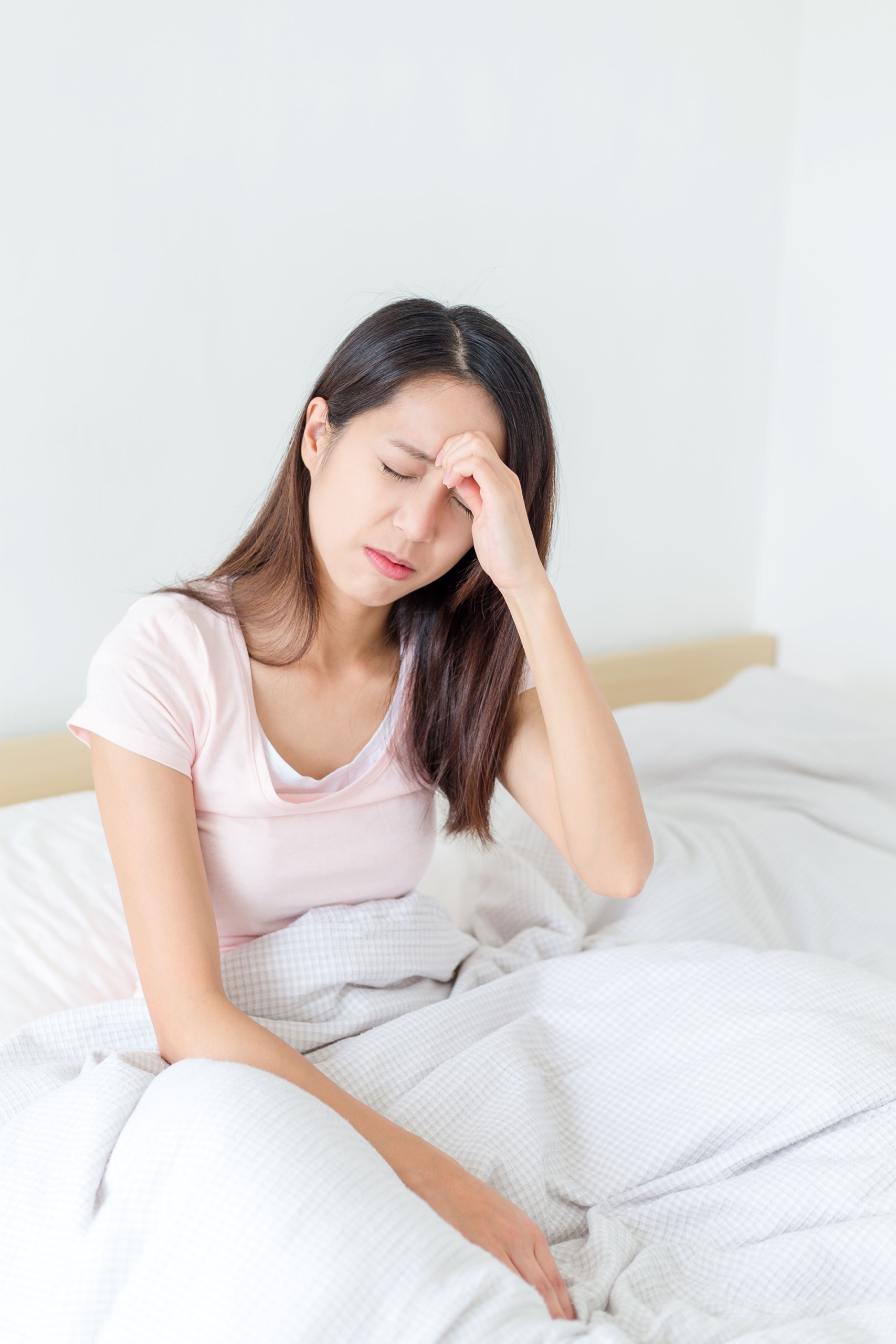What Is Dizziness?
During menopause, some women may experience episodes of dizziness or lightheadedness. This sensation involves feeling unsteady, woozy, or like the surroundings are spinning. While not every woman going through menopause will experience dizziness, it can be concerning and disruptive for those who do.

What Causes Dizziness?
Hormonal imbalances, particularly fluctuations in estrogen and progesterone, can have an impact on blood pressure and blood vessel function. Estrogen plays a role in regulating blood flow and maintaining blood vessel health.
When estrogen levels fluctuate during menopause, it can lead to changes in blood pressure and circulation, which can contribute to feelings of dizziness.
Dizziness can also be triggered or exacerbated by other menopausal symptoms, such as hot flashes or night sweats, which can cause changes in blood flow and affect overall body temperature regulation.


How to get rid of Dizziness
Avoid sudden movements and take your time when transitioning from lying down to sitting or standing to prevent a sudden drop in blood pressure.
Maintain a healthy and balanced diet, rich in nutrients and minerals that support cardiovascular health. Regular exercise, such as walking or gentle yoga, can also help improve circulation and balance.
If you experience frequent or severe dizziness, it’s essential to consult with a healthcare professional to rule out any underlying medical conditions that may be causing this symptom.
Consider incorporating relaxation techniques, such as deep breathing exercises or meditation, to reduce stress and promote a sense of calmness. Stress management can play a significant role in improving overall well-being and reducing symptoms of dizziness.
As part of a comprehensive approach to managing menopause symptoms, you may also explore the benefits of bioidentical hormone replacement therapy (BHRT). BHRT can help rebalance hormonal levels and potentially alleviate dizziness and other menopause-related symptoms.
Remember that each woman’s experience of menopause is unique, and finding personalized strategies to address dizziness is essential for enhancing your quality of life during this transformative stage.
Want help with your Dizziness?
Click here to learn more about your options with the Healthy Hormone Club

